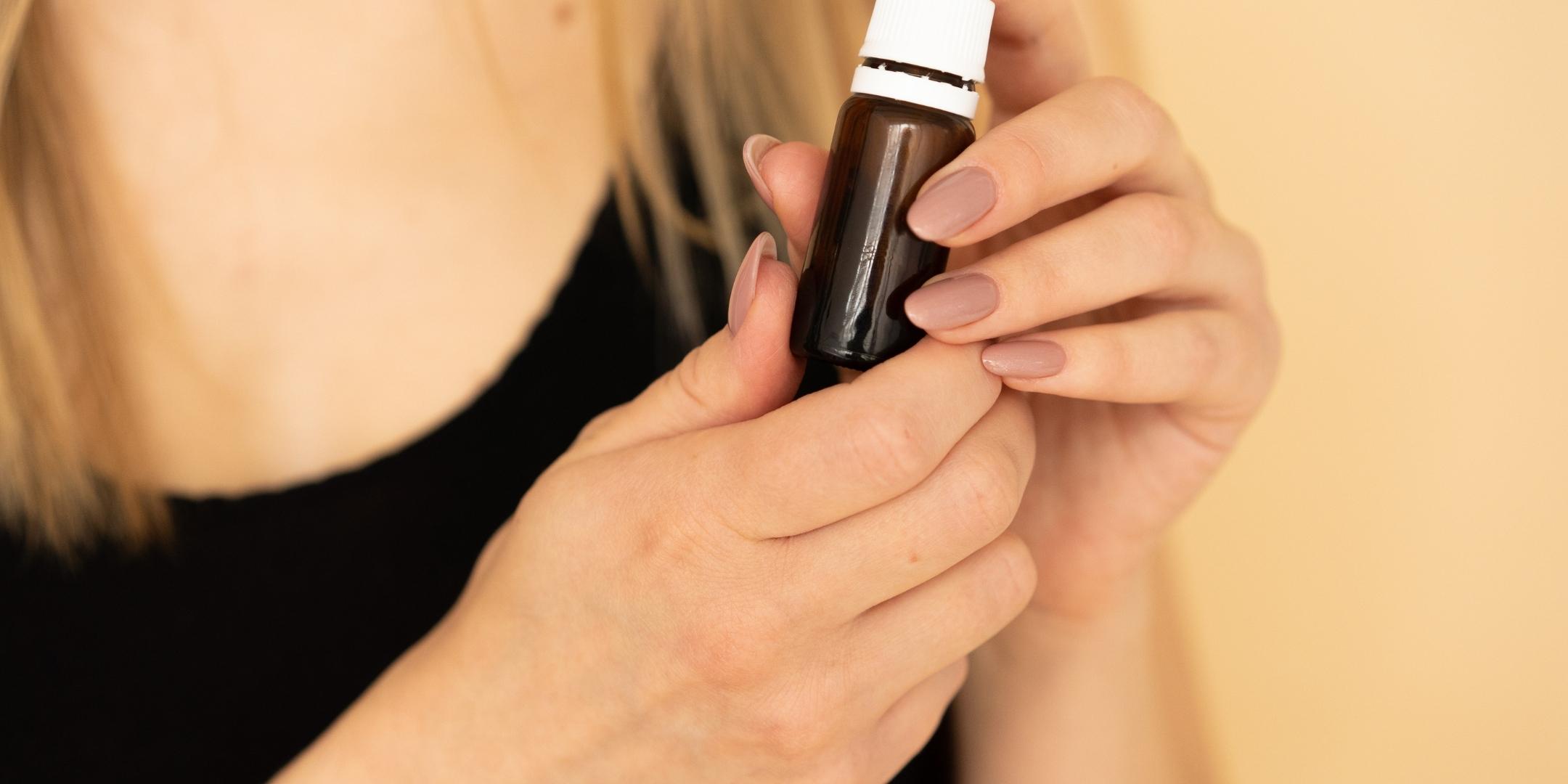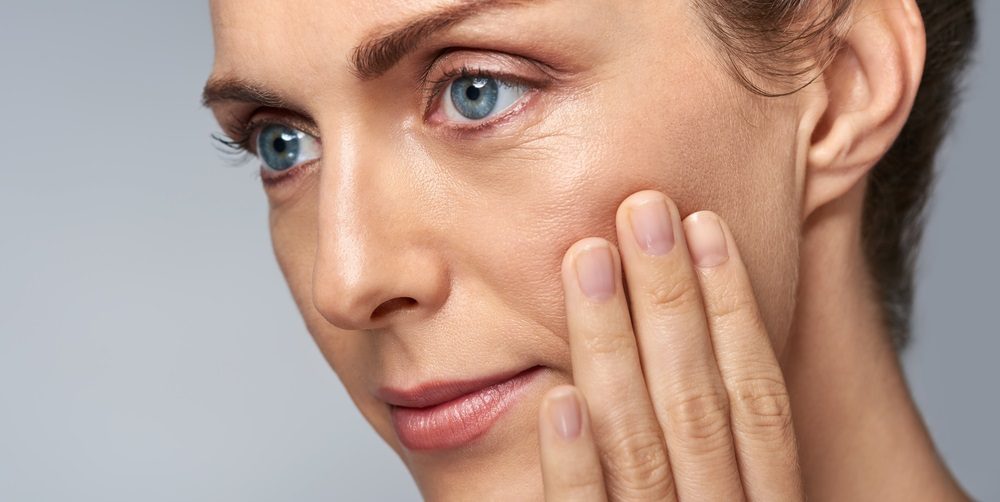Rosehip oil rarely clog pores unless you use impure or adulterated oil. There is a lot of talk about the benefits of rosehip oil and how it can be used to treat various skin conditions.
One of the most important benefits of rosehip oil is that it treats skin conditions like acne and rosacea effectively compared to other essential oils. Moreover, it is more effective if mixed with other natural oils.
But it is crucial to make sure that you buy pure rosehip oil and the right amount. Since the market is flooded with brands that manufacture rosehip oil, you should be careful when purchasing this product.
Find more information about the rosehip oil which will help you make better decisions while buying this essential oil.
What Is Rosehip Oil?
Rosehip oil is extracted by crushing the seeds of the rose bushes. They are typically used in health foods and cosmetics. Its main ingredients are fatty acids, vitamin E, and flavonoids which is why it is also used as a supplement for weight loss.
Rosehip oil is quite effective for treating skin conditions like rashes, wrinkles, dry skin, hyperpigmentation and acne. It is rich in antioxidants and hence it is an excellent ingredient for treating scars and stretch marks. The popularity of rosehip oil has made it a viable competitor to the more expensive and widely used argan oil. Rosehip oil has found its way into skincare products, although many still use it as an ingredient for their concoctions.
Does Using Rosehip Oil Lead To Clogged Pores?
No. If you are using pure rosehip oil, there will be no harm to your pores. Your acne scars and pimples may heal, and you can see improvement in your complexion.
As per the studies, rosehip oil is safe and does not clog pores. After you extract the oil from the seeds, they are refined to eliminate unwanted elements. Using unrefined rosehip oil may clog your pores because of the oil impurities. Further, it might lead to several skin problems like irritation, redness and breakouts.
How Does Rosehip Oil Work?
Since rosehip oil is extracted from the seeds of rose plants, it is rich in fatty acids. These acids are very useful in promoting new cell growth. This oil can effectively treat damaged skin cells even if used externally because of the high amino acid content in them.
Rosehip oil contains high linoleic acid levels, improving skin elasticity and smoothness. Moreover, a few of the benefits of rosehip oil are as follows:
- It moisturizes your skin
Rosehip oil can be used as a natural moisturizer. It is very effective in preventing dry, cracked and itchy skin. Rosehip oil can also be mixed with other natural oils like almond oil, jojoba and olive oil. It can prevent cell damage due to free radicals and protect your skin from premature aging.
- It acts as a sunblock
Since rosehip oil has anti-inflammatory properties, it is suitable for preventing skin cancer and other inflammatory skin conditions.
- It reduces scars and stretch marks
Due to its anti-inflammatory effects on your body, rosehip oil effectively reduces scars and stretch marks. This oil can even be used as a mask which is beneficial considering that it has proven benefits for skin care.
- It can be used for acne
It can help improve your skin tone and texture because of its antioxidant properties. In addition, rosehip oil can treat various skin conditions such as eczema, dermatitis and psoriasis.
- Suitable for sensitive skin
Rosehip oil is suitable for sensitive skin because it contains no chemicals that might worsen your skin condition. It also contains vitamins that are effective in preventing premature aging.
Different Ways To Apply Rosehip Oil
There are multiple ways you can use this oil, depending on your condition.
- Using it in your homemade skincare products
There are also commercial products that contain rosehip oil. So you can buy these and use them to make your DIY skin care products.
You can look for these products that contain rosehip oil at your local beauty shop or health supplement store. Most of the time, these products will be packaged in bottles made from glass or plastic.
- Mixing it with other natural oils
You can mix rosehip oil with other natural oils like olive oil or almond oil to make a blend of your own.
It will help if you note that when you mix different types of natural oils, each has its distinct scent. If you want your homemade beauty care products to have a great smell, it is best to get rosehip oil that has already been mixed with another type of oil.
- Apply it directly to your skin
You can also use rosehip oil directly on your skin. It is the most common oil application because it can be easily extracted from rosehip plant seeds. Make sure you apply a small amount of rosehip oil to the affected areas to avoid greasiness.
How To Choose The Right Rosehip Oil?
Choosing the right rosehip oil is essential. It is best to purchase your rosehip oil from a reputable supplier to experience its excellent benefits. If you do not get the purest type of rosehip oil, then it will not provide you with the same results, or it can even worsen your condition.
The best type of rosehip oil for you depends on your personal needs. Below are some considerations when choosing a good rosehip oil:
- Check the plant source of your product: As much as possible, you should get your skincare and beauty products from pure plant sources. Avoid buying rosehip oil that has synthetic ingredients because you might react adversely to them.
- See if the product has been tested: You should never forget that when purchasing skincare and beauty products, you must ensure that they are safe for your skin before using them. You should check if the product has been tested by a dermatologist or an expert who is knowledgeable in this area.
- Consider your own needs: While others may recommend using natural skin care products, it is essential to keep in mind that what works for one person might not work for another. Before purchasing rosehip oil, ensure it will work on your skin type.
- Compare prices of different products: Before purchasing any skincare or beauty product, it is also essential to compare prices from other brands to get the best deal. You can do this by checking online for the different prices of the products to get them from the cheapest source.
- Consider reviews online: It is also important to read customer reviews about any product you are interested in purchasing. You will be able to determine if the product is safe for your skin and how effective it is at healing your skin issues. It is best to see if most people who have used the product have positive things to say about it.
How Does Rosehip Oil Treat Acne Scars?
Rosehip oil is one of the most effective natural remedies for acne scars. Although it will take several weeks or months to see significant improvements in the condition of your skin, this oil can significantly help improve your skin’s texture and appearance.
Here are a few ways that rosehip oil can help improve your skin and reduce acne scars:
- It contains vitamin A
An effective way to treat acne scars is through vitamin A. It is especially true with rosehip oil because it contains high amounts of this vitamin. Vitamin A is crucial for the production of healthy skin cells. When your skin develops new cells, it can repair the damaged skin tissue.
- Rosehip oil contain antioxidants
The antioxidants in rosehip oil can help improve the health of your skin. The antioxidants in this oil can also neutralize free radicals responsible for causing acne, which can lead to other problems such as premature aging, wrinkles and sun damage.
- It contains natural zinc oxide
Zinc oxide is a kind of naturally occurring mineral that can help reduce the appearance of acne scars. Zinc oxide can also neutralize the free radicals responsible for causing premature aging and damaging your skin’s collagen structure.
Does Rosehip Oil Have Any Side Effects?
Some people may experience possible side effects while using rosehip oil. some of them include
- It may cause dizziness or nausea
It is particularly true if you take a hefty dose of rosehip oil over a long time. You should contact your doctor immediately if this happens so they can advise you on how to proceed.
- It may cause a rash on your skin
It is particularly true if you are allergic to rosehip oil. If you experience any rash, redness or irritation on your skin, then stop using the product and contact your doctor immediately. It is best if you do a patch test before using the oil entirely.
- It may cause watery eyes or a runny nose
If you notice that your eyes or nose are getting very watery, it is vital to stop using the oil immediately. It is because it can get into your eyes or nose and cause some severe issues. It would help if you talked to your dermatologist to avoid experiencing any long-term injuries.
- It may cause an unusually high level of sensitivity
If you see that your skin is becoming very sensitive to sunlight, this could be due to irritation caused by rosehip oil. It is recommended to discontinue using the product and see a doctor immediately.
Conclusion
Rosehip oil is an incredible natural remedy for various skin conditions. It can help improve the appearance and health of your skin because it contains active ingredients that are beneficial for your health. Always ensure you use refined rosehip oil to avoid any health consequences. If you are facing any skin related issues, consult your dermatologist immediately.
FAQ
Can Rosehip Oil Make Your Skin Oily?
No, this is not the case. Rosehip oil is considered a natural product that will reduce your skin’s oiliness by reducing the free radicals that can cause it. It is also a good option for people with oily skin.
If you use this product regularly daily, you should see dry and rough patches of skin disappear within about two weeks. It will produce dramatic results for people looking to reduce their acne scarring and those suffering from other skin problems such as eczema or psoriasis.
If your skin ends up producing too much oil, then it is possible that you are not applying rosehip oil evenly to your skin. You may be over-applying the product where you don’t need it or leaving spots on your face that do not have any of it on them.
What Carrier Oils Can You Use With Rosehip Oil?
Rosehip oil blends well with almost any carrier oil. Some good choices include olive oil, almond oil, jojoba oil, coconut oil or sesame seed oil.
Why Does Rosehip Oil Turn Yellow?
Over time, rosehip oil may turn a slightly yellow color. It is entirely normal and does not cause the product to lose any of its effectiveness. Like other natural products, rosehip oil can oxidize when it comes in contact with the elements.
How Long Does It Take Rosehip Oil To Work?
Rosehip oil takes several weeks for the results to show up. Using the product regularly is vital and reduces your chances of experiencing any reactions. If you are unhappy with the way your skin feels after using this product, do not hesitate to stop using it and contact a doctor.









